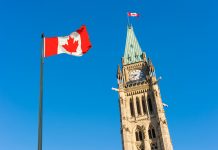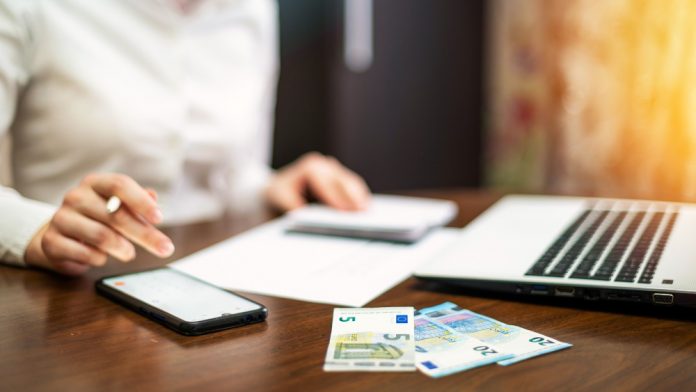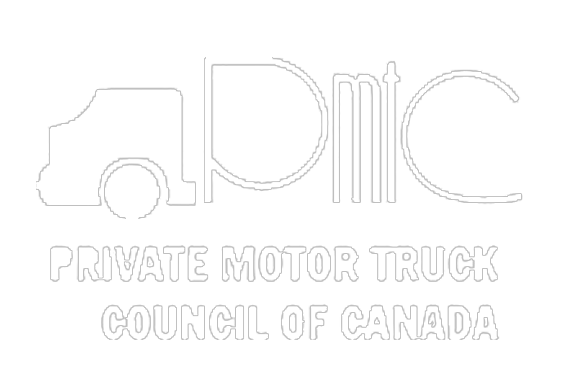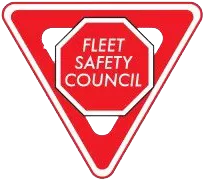Airline and travel companies around the globe eagerly await a post-pandemic travel boom. As more arms receive needle jabs of vaccine, many yet are not double vaccinated and therefore at risk to themselves and others. It has become vitally apparent to both the travel industry and governments that a globally acceptable and convenient “Covid Vaccine Passport” be developed that ensures safer travel across borders.
A recent CTV report says that “Keen to avoid losing another summer of holiday revenue to the coronavirus pandemic, the European Union, some Asian governments and the airline industry are scrambling to develop so-called COVID-19 vaccine passports to help kickstart international travel.”
For many countries, tourism is an essential component of their GDP and fuel for their foreign monetary exchange. Cuba, the Maldives, most Caribbean countries, the Philippines, and Iceland are some of these. However, tourism is an economic essential in France, Spain, England the United States, and yes, Canada. Governments need returns to pre-pandemic “tourism normal” to help boost economies, jobs and to bolster our morale and optimism for the future.
Currently, U.S. airlines are ramping up, as 33% of the population there has had 2 vaccinations. Business is returning to normal. Woefully Canada has only 4% of the population double vaccinated. We are lagging behind. A target has been set for 75% of the population to be vaccinated by the end of August.
PHAC the Public Health Agency of Canada believes this is an attainable target. The federal and provincial governments have said their goal is to vaccinate around 70 to 80 percent of the population, which is what many epidemiologists and other health experts say is necessary to bring the pandemic to an end. It appears there is light at the end of this long COVID tunnel.
Tourism and travel are in the mind and on the agenda of many Canadians. Recent surveys and studies say that this pent-up demand and “Covid cabin fever” may well mean that previous travel records will be shattered. Not a moment too soon say those in the industry.
Air Canada and Westjet have billions of dollars of assets (airliners and personnel) sitting idle on the ground. Just as an example, there are only 5 return flights daily between Ottawa and Toronto. Before the pandemic that number was closer to 50. Porter Airlines hasn’t flown a single flight anywhere in over a year.
The new normal will set some boundaries, however. The traveling public will request and demand assuredness of safety. So too will governments and health systems in the countries that we hope will open their doors and arms to us.
The easiest way to achieve this is to set international standards of precautions and safety. British Prime Minister Boris Johnson is hosting the G7 in London in a few weeks says, “The world’s top seven economies must come together to enact a system for vaccine passports and a plan to restore international travel.”
Last month Canada’s PM Trudeau responded to reporters, saying the federal government is currently working on aligning with “partners and allies around the world” when it comes to creating certification of COVID-19 vaccination for travel.
But delicate maneuvering will be needed to develop a simple and universally acceptable solution to what a vaccine passport consists of and in what form it takes.
The first part of a vaccination passport most likely will be the user’s official or approved electronic immunization record. This obviously will be from the user’s country of origin. The EU for example is working on a digital health certificate that will also confirm COVID-19 test results or recovery from the virus. It is set to go live by the end of June, allowing residents to reunite with friends and relatives living in 30 European countries.
The idea is that travellers will flash a QR code on their phones so it can be scanned at, say, an airport or train station, using an official verification app that checks with national databases, via an EU technical “gateway.”
The World Health Organization doesn’t recommend vaccination proof as a requirement for international travel, citing unequal distribution of vaccines. Still, it is working to developing a “Smart Vaccination Certificate.”
A smartphone will become essential to display the app that links any eventual official vaccination certificate.
As we enter into the post-pandemic “new normal”, vaccine passports will become more widespread, said Paul Meyer, CEO of The Commons Project, the nonprofit behind CommonPass. “Our expectation is it will remain a requirement for international travel.”
Biometric security company CLEAR, recently released a product called Health Pass that links Covid-19 health information to biometric identifiers such as your face, eyes, and fingerprints.
In other words, you may not be able to fake your identity, and what vaccines you have or haven’t had. But what happens if you don’t have a smartphone? And for those that chose not to be vaccinated, the “anti-vaxxers”, will borders be closed to you?
There will be many discussions about human and democratic rights ahead of us. Others will lament that our government already knows too much about us and is overly involved in our private lives.
Money is ultimately the bottom line. Governments and businesses both need it to survive. That means it is essential that tourism and travel get started again. For that to happen we will need another passport, one that declares that we are not at risk of transporting COVID-19 to foreign destinations. It will become part of the “new normal”.
Happy travelling everyone, bon voyage!

